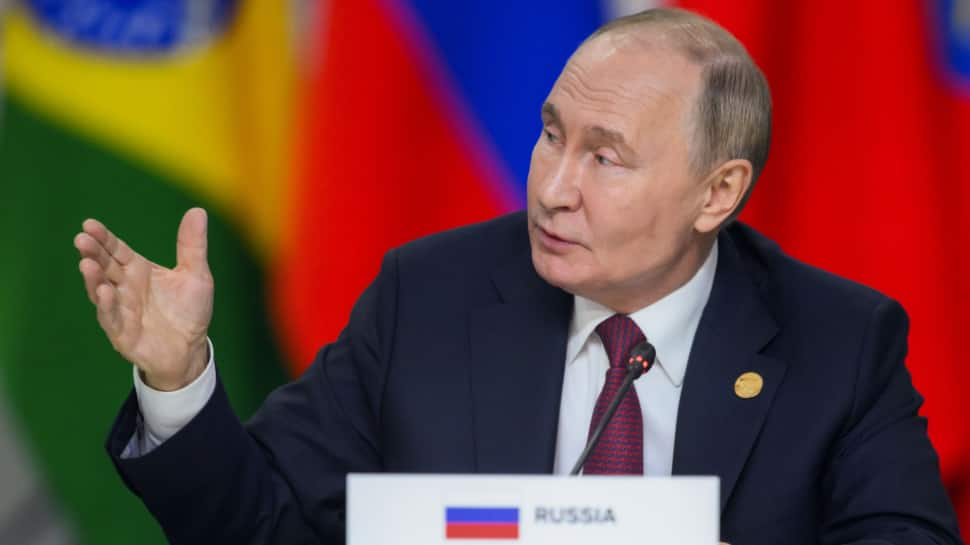 |
|
The recent decree issued by Russian President Vladimir Putin significantly alters Moscow's nuclear weapons policy, marking a concerning escalation in the ongoing conflict with Ukraine. This decree lowers the threshold for the use of nuclear weapons, permitting strikes against non-nuclear states if those states receive support from nuclear powers. This action is widely interpreted as a direct threat to the West, particularly the United States, and a calculated attempt to exert further pressure in the ongoing war. The timing of the announcement, coinciding with the 1000th day of the invasion and following the US decision to allow Ukraine to use longer-range missiles supplied by the US to strike targets within Russia, is highly suggestive of a deliberate escalation. The Kremlin's spokesperson, Dmitry Peskov, while claiming the update was planned earlier this year to reflect the current situation, could not convincingly refute the timing's significance. The updated policy fundamentally changes the rules of engagement, blurring the lines between conventional and nuclear conflict and heightening the risk of accidental escalation.
The implications of this policy shift are profound and far-reaching. It introduces a new level of uncertainty and unpredictability into the already volatile geopolitical landscape. The ambiguity surrounding the definition of 'support' from a nuclear power leaves considerable room for interpretation, potentially leading to miscalculations and unintended consequences. A conventional attack on a non-nuclear state receiving support, however defined, could now trigger a nuclear response from Russia, dramatically raising the stakes for all involved parties. This new doctrine effectively blurs the traditional lines between conventional and nuclear warfare, potentially leading to a situation where any significant military action by Ukraine, even with Western support, could be construed by Russia as a justification for nuclear escalation. This creates a dangerous precedent, potentially destabilizing the global security architecture.
The international community's response to this announcement is crucial. Strong condemnation and unified action from Western powers are necessary to deter further aggression and prevent a catastrophic escalation. Open communication channels and diplomatic efforts aimed at de-escalation are paramount. However, the effectiveness of such efforts is uncertain, given Putin’s history of disregarding international norms and treaties. The situation necessitates careful consideration of all potential responses, weighing the risks and benefits of various strategies. Sanctions, diplomatic pressure, and increased military aid to Ukraine are all potential options, but each carries its own set of challenges and potential unintended consequences. The risk of miscalculation and escalation remains high, requiring a measured and decisive response from the international community to prevent a catastrophic outcome. It is imperative to understand the implications of this bold move and its potential impact on global stability in the long term. The possibility of a nuclear conflict, however remote, is now a significantly more tangible threat than it was previously.
Beyond the immediate crisis, the long-term consequences of Putin's decision could be significant for the international order. It could embolden other nations with nuclear capabilities to adopt similar policies, leading to a further erosion of nuclear non-proliferation efforts. The existing framework for nuclear deterrence, predicated on mutual assured destruction, is challenged by this new doctrine, which reduces the threshold for nuclear use and introduces a greater degree of uncertainty and unpredictability. The global balance of power could shift significantly, potentially creating a more volatile and dangerous international environment. The future stability of Europe and the world hangs in the balance, demanding immediate and sustained attention from global leaders and policymakers.
Source: Russia Readies To Strike Ukraine With Nukes As Putin Changes Nuclear Attack Rule, Warns West
